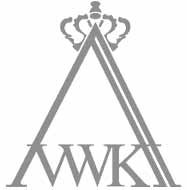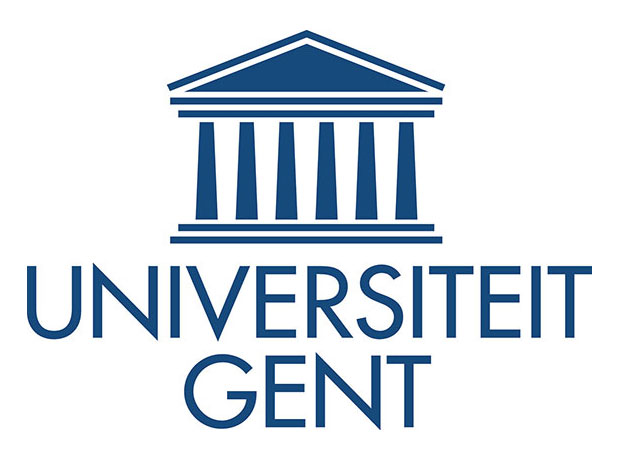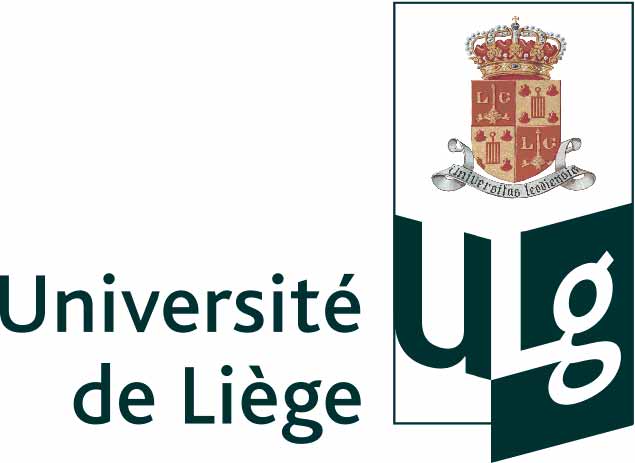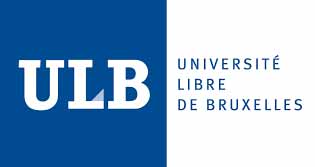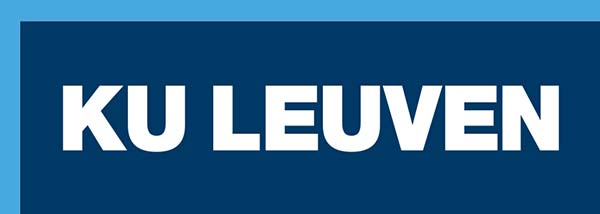|
Debate: Beyond the triple helix
Monday, 5 September 2016 (pm) - Debate ‘Beyond the triple helix’
At the conference – under the heading of ‘Beyond the triple helix’ (i.e. beyond an interaction between academia, industry and public authorities) - stakeholders will be involved in a debate to formulate the expectations towards engineers and their education, in particular when ‘Building a circular economy together’. The panel is composed as follows (for a short resume and picture: see below):
Keynote, introduction to the debate
Prof. Walter Stahel
Founder-director of The Product-Life Institute Geneva (Switzerland)
Members of the panel for the debate
- for the industry: Guy Ethier (Senior Vice President, Umicore), Koen Sneiders (Recycling Manager, Derbigum), Geanne van Arkel (Head of Sustainable Development, Interface)
- for the ngo’s, EEB: Leida Rijnhout (Director Global Policies and Sustainability)
- for the trade unions, ETUC: Benjamin Denis (Advisor Industrial policy and Sustainable Development)
Moderator: Robby Berloznik, Research Coordinator Technology and Society at VITO NV
A first brief reflection from the floor: Jacques de Gerlache (Coordinator, The Greenfacts Initiative)
The debate is open to anyone, but registration for those not attending the ESD2016-conference is mandatory via this link.
Keynote speaker
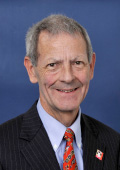
| Prof. Walter R. Stahel has been founder-director of the Product-Life Institute (Switzerland), the oldest established consultancy in Europe devoted to developing sustainable strategies and policies; since 1983. From 1986 to 2013, he was also director of risk management research of the Geneva Association. In 1971, he graduated from ETH Zurich with an MA in architecture.
In 2005, he was nominated Visiting Professor at the University of Surrey, UK; in 2016 at l’Institut EDDEC (environnement, développement durable et économie circulaire), Montréal, Canada. In 2013, Walter received a first doctorate honoris causa from the University of Surrey; a second in 2016 from l’Université de Montréal.
Walter's latest analysis of a Circular Industrial Economy has been on-line since early January 2016 at product-life.org. The weekly magazine ‘Nature’ published his COMMENT on the Circular Economy in the issue of 24 March 2016, summarising his thoughts, on-line at: www.nature.com.
Walter was Chairman of the team writing the 2015 ‘JHEB Report’ (Junction of Health, Environment and Bioeconomy) of the European Commission, DG Research & Innovation, Foresight Programme, showing opportunities and policy priorities arising from a systemic analysis. It is on-line at: ec.europa.eu.
“The Performance Economy” is Walter’s seminal 2006/2010 book also translated into Simplified Mandarin. “The Product-Life Factor” is Walter’s 1982 prize winning paper for the Mitchell-Prize Competition on sustainable societies in Houston, TX, USA. “Limits to Certainty, facing risks in the new service economy” was Orio Giarini’s and Walter’s 1979 report, translated into numerous languages. With a paper on “Unemployment, Occupation and Profession”, Peter Perutz and Walter won a first prize in the competition of the German Future’s Society, Berlin, in 1978. “The Potential for Substituting Manpower for Energy” was Walter’s 1976 report to the EU, which defined the Circular Economy, co-authored by Geneviève Reday-Mulvey.
|
Moderator of the debate
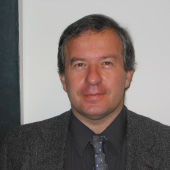
| Robby Berloznik is the Research Coordinator Technology and Society at the Flemish Institute for Technological Research (VITO). As such, he coordinates research to increase the societal embedment and is member of the Vito Transition Platform. He has a long-standing career in technology assessment and foresight.
From 2001 until 31 December 2012 he was the director of the Flemish Institute for Technology and Society of the Flemish Parliament (IST). In this institute the Flemish Parliament was supported in its science and technology decision making.
Berloznik is also member of several international networks academical and cooperative networks in the fields of technology assessment, foresight, studies in science and society and science communication of the United Nations, European Commission and the OECD.
|
|
